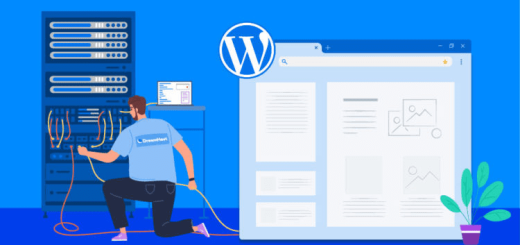The Pros and Cons of Free Web Hosting Services

In the vast landscape of the internet, web hosting plays a crucial role in making websites accessible to users worldwide. While there are a plethora of hosting options available, free web hosting services have gained popularity for individuals and small businesses looking to establish their online presence without breaking the bank. In this article, we will delve into the pros and cons of opting for free web hosting services.
Pros of Free Web Hosting Services:
- Cost-Efficiency: The most obvious advantage of free web hosting is, of course, its cost-free nature. For startups and hobbyist bloggers, this can be a compelling reason to choose a free hosting service, allowing them to allocate resources to other aspects of their venture.
- User-Friendly: Free hosting services are often designed with simplicity in mind. They usually come with easy-to-use interfaces and tools, making them accessible even for those with limited technical knowledge.
- Quick Setup: Free hosting providers typically offer a straightforward and quick setup process. This is beneficial for those who want to get their website up and running without spending too much time on intricate configurations.
- No Maintenance Hassles: Since the hosting service is free, users don’t have to worry about server maintenance and technical issues. This hands-off approach allows website owners to focus solely on creating content or running their business.
Cons of Free Web Hosting Services:
- Limited Resources: Free hosting services often come with limitations on resources such as disk space, bandwidth, and processing power. This can be a significant drawback as websites with high traffic or resource-intensive content may struggle to perform optimally.
- Unwanted Advertisements: To compensate for the free services, hosting providers may display ads on users’ websites. This can be intrusive and unprofessional, potentially driving away visitors and affecting the credibility of the site.
- Subdomain Usage: Free hosting services typically provide users with a subdomain (e.g., yourwebsite.freehosting.com) instead of a custom domain. This can hinder the professional appearance of a website and make it harder for visitors to remember the URL.
- Limited Customer Support: Free hosting services often offer minimal or no customer support, leaving users to troubleshoot issues on their own. For those who are not well-versed in web hosting, this lack of support can be a significant drawback.
- Security Concerns: Security is a paramount concern with free hosting services. These platforms may not invest as heavily in security measures as their premium counterparts, making websites more susceptible to cyber threats.
Conclusion:
In the realm of web hosting, the choice between free and paid services ultimately depends on the specific needs and goals of the website owner. While free hosting can be an excellent entry point for those on a tight budget or experimenting with a personal blog, it’s crucial to weigh the pros and cons carefully. Understanding the limitations and potential drawbacks can help users make an informed decision and set realistic expectations for their online venture. Whether free or paid, the key is to choose a hosting solution that aligns with the website’s objectives and growth trajectory.











